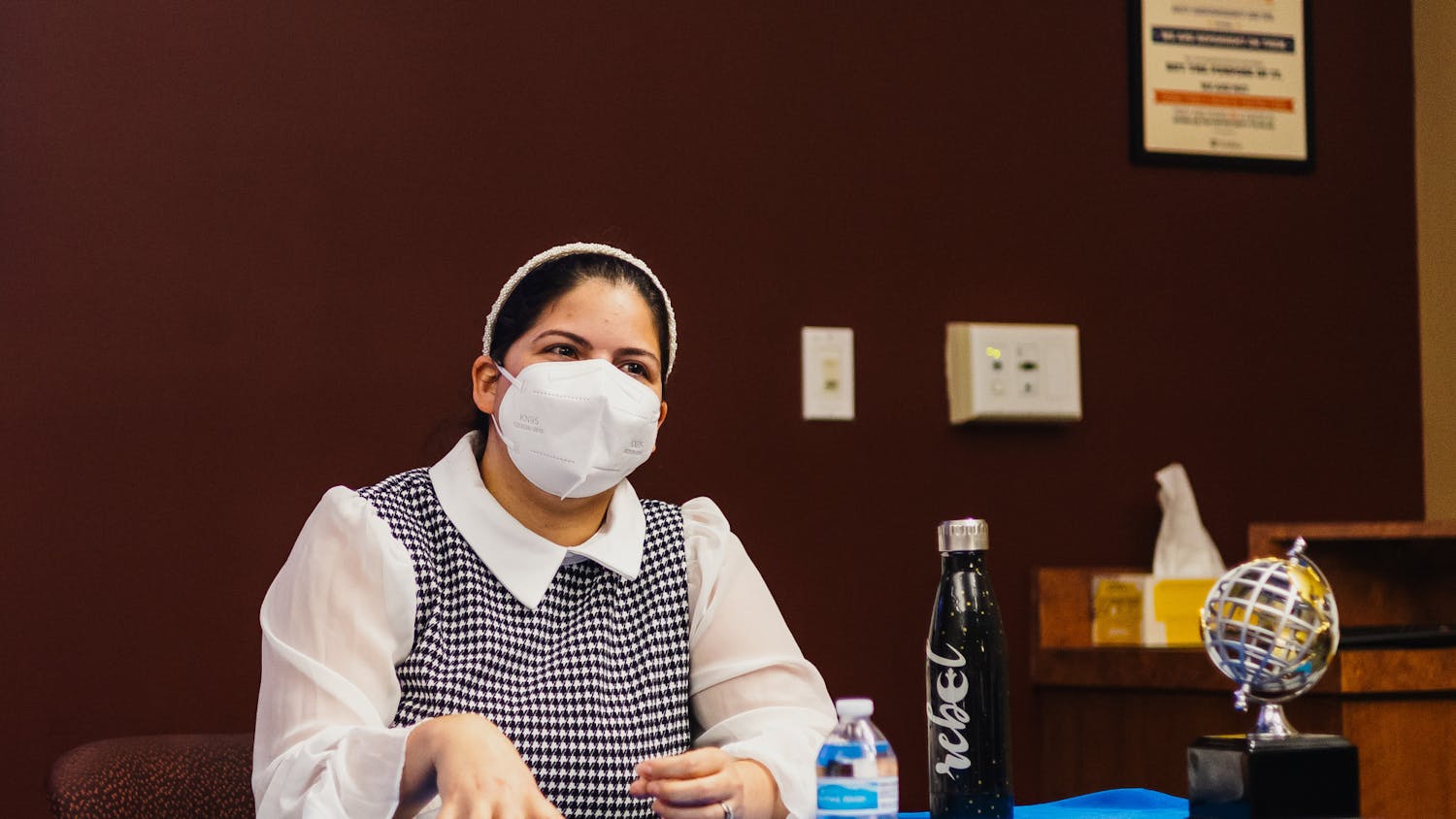I am not black, and I will never grasp the depth of the suffering, past and present, of the members of the African diaspora.
I cannot fathom the horror and heartbreak of being uprooted from my ancestral homeland per the collusion of rich Europeans, Arabs and African warlords. Although Westerners love to praise capitalism as a shimmering accomplishment of Western “civilization,” they too-often forget its underpinning: slavery.
I am unable to even glimpse the anguish and despair of being a slave, afforded not even a name or a family.
I was never relegated, de jure, to second-class legal status in the country of my birth due to the color of my skin. I never had a separate water fountain or park bench. I never had to live in fear of being lynched.
I attended a high school that was adequately funded, and none of my family members languishes incarcerated as a pawn of a massive prison industrial complex and its friend, the “criminal justice system,” that instrumentalizes and creates crime as a means to greater profit.
I marched Dec. 8, 2014, in Gainesville’s triumphant #BlackLivesMatter march and was profoundly depressed by a eulogy read for all the black lives cut short by institutional violence, in which a young woman reiterated the thought that black Americans are just trying to live in the land they built. I felt that sadness, but it is still just a feeling, not my lived experience.
I can listen to Nina Simone, when she sings poignantly and prophetically: “Oh Baltimore, ain’t it hard just to live,” but I’ve never been systematically targeted by the police and no one has poisoned my water supply as a matter of policy.
This is all to say we shouldn’t delude ourselves with the fiction that our country is “post-racial” or that any American can be “colorblind.” As James Baldwin exhorted us, we ought not look up to the powerful to determine what system of “justice” they have put in place. Rather, we look to the powerless, the dispossessed: those the system eats alive. From them, we can derive righteous indignation from which to fashion our solidarity.
Though no non-black person will ever glimpse the trials endured by our brothers and sisters, we can stand in solidarity and fight against the aforementioned structures, exposing them and dismantling them brick by brick.
I will speak thus to that which I know best: linguistics. I am compelled to examine the status of Ebonics in America, as well as the tropes employed by popular media that still diminish and insult black Americans.
The mere mention of Ebonics is controversial. Various proposals to teach it as a distinct dialect of English, or even use it as a language of instruction, have been decried as “the Ebonic plague” and “teaching to the lowest common denominator.” Just as Ebonics is treated as a bastardization of “standard English,” blackness, too, is treated as a non-default, diminutive and qualified mode of existence.
Look no further than many of our nation’s publications, which arbitrarily distinguish between White culture and black culture; the White experience and the black experience. The two adjectives function identically, yet many see fit to allot more emphasis to one than the other.
We know full well corporate media does its part in smearing the existence of black Americans. Black youth after black youth has been blamed on TV for his murder by the same apparatus that writes off Black Lives Matter as hooligans who “make life hard for the police.” And now, they assert the extremely false equivalence of the Black Panthers and the Ku Klux Klan. The word liberation is taught to us as a monicker of violence, because those who hijacked English long since have everything to lose if their subjects shake off their yoke.
Liberation is but a path to this freedom — a casting off of the shackles of oppression.
As Marx wrote, the oppressed have nothing to lose but their chains, and a world to win. May we all stand in solidarity with our black brothers and sisters in their struggle for liberation and freedom.
Jordan MacKenzie is a second-year UF linguistics master’s student. His column appears on Wednesdays.




